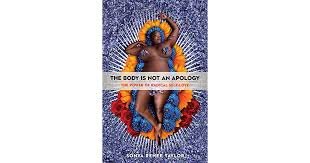Ep. 86: Raising STEMinists
EQ: What does equity in science education in the Corona Era look like and how might teachers continue to evolve their practices to engage students in a virtual space?
Guest: Chanel Johnson, science educator. Check her bio and interview from Leading Equity and Interview with Teachers on Fire.
Of course we had to ask Chanel a little bit about the historic role Georgia is playing in the 2020 elections. However, our main conversation focuses on figuring out what it means to be a STEMinist and how to encourage students of color to see themselves as scientists. Chanel also gives us insight into how importance Science education is in the middle of a pandemic. Lastly, she shares resources and ideas to help teachers intentionally embed culturally responsive teaching practices in a virtual context?
We’re excited to announce a collab with The Nerd Farmer podcast. We’re both going to be reading and recording episodes on the book Caste by Isabel Wilkerson. Tweet about the book with either #nerdfarmreads or #readlessbasic
Champagne & Real Pain:
🥂 YO, BIDEN IS PRESIDENT-ELECT!!!!!!!
Do Your Fudging Homework:
Megan: Watch Chanel’s interview with Teachers on Fire! The link will be in the show notes
Hope: Order and read Chanel’s book “The Gyrlfriend Code: Sorority Edition”; Also, KEEP DOING THE WORK.









